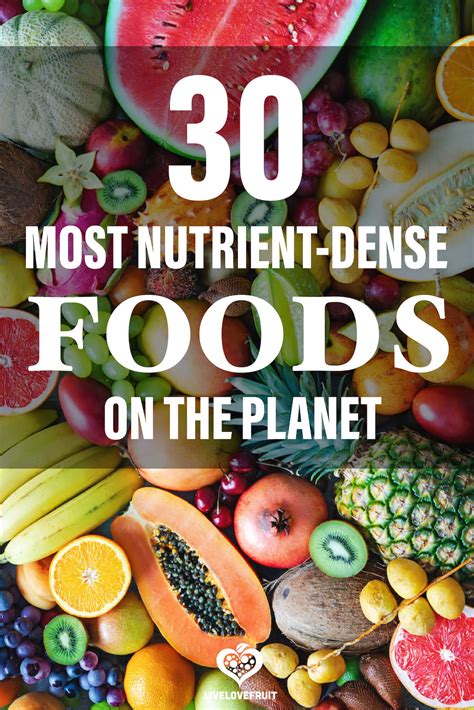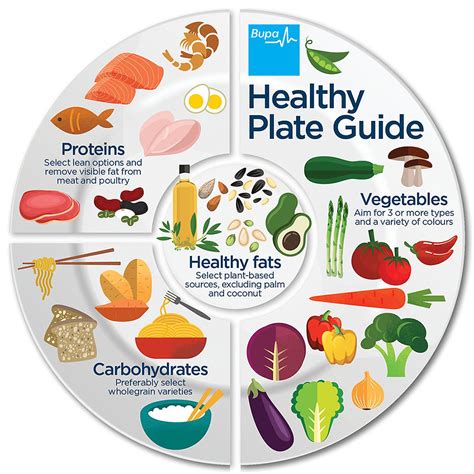What macros optimize testosterone and peak male performance?

The Macro-Testosterone Connection: Fueling Male Vitality
For men aiming to optimize testosterone levels and achieve peak physical and mental performance, diet plays a foundational role. While micronutrients often get the spotlight, the macronutrients – proteins, fats, and carbohydrates – form the bedrock of hormonal health and energy production. Understanding how each macro contributes to this intricate balance is key to unlocking your full potential.

Protein: The Building Block, Not Just for Muscle
Protein is universally recognized for its role in muscle growth and repair, but its importance extends to hormonal health. Adequate protein intake is essential for maintaining lean muscle mass, which in turn supports a healthier body composition – a known factor in better testosterone levels. Furthermore, protein provides amino acids, which are vital for various bodily functions, including enzyme production and overall cellular health, indirectly supporting a robust hormonal system.
- Sources: Lean meats, poultry, fish, eggs, dairy, legumes, and protein supplements.
- Recommendation: Aim for 0.7-1 gram per pound of body weight, distributed throughout the day.
Fats: Non-Negotiable for Hormone Synthesis
Perhaps the most critical macronutrient for testosterone production, dietary fats are often misunderstood. Cholesterol, derived from fats, is a direct precursor to steroid hormones, including testosterone. Restricting fat intake too severely can significantly impair natural testosterone synthesis. However, the type of fat consumed is paramount.

Key Fats for Testosterone:
- Monounsaturated Fats (MUFAs): Found in avocados, olive oil, and nuts. These are linked to improved cholesterol profiles and hormonal balance.
- Saturated Fats (SFAs): While excessive intake is ill-advised, moderate amounts from healthy sources like grass-fed butter, coconut oil, and red meat are necessary for testosterone production.
- Polyunsaturated Fats (PUFAs): Especially Omega-3s from fatty fish (salmon, mackerel), flaxseeds, and walnuts. These reduce inflammation and support overall cellular health, indirectly benefiting hormone function.
Recommendation: Fats should constitute 20-30% of your total daily caloric intake, with an emphasis on healthy unsaturated fats and moderate saturated fats.
Carbohydrates: Fueling Performance and Preventing Stress
Carbohydrates are the body’s primary energy source, crucial for high-intensity workouts and maintaining energy levels throughout the day. Adequate carbohydrate intake is vital for preventing the body from entering a catabolic state, where it breaks down muscle for energy. This catabolic state is often accompanied by elevated cortisol levels, a stress hormone known to suppress testosterone.

Choosing complex carbohydrates over simple sugars helps maintain stable blood sugar levels, preventing energy crashes and supporting consistent performance. They also replenish glycogen stores, essential for recovery and subsequent training sessions.
- Sources: Whole grains (oats, brown rice, quinoa), fruits, vegetables, sweet potatoes, and legumes.
- Recommendation: Carbs should make up the remaining 40-50% of your daily calories, adjusted based on activity level. Highly active individuals may require more.
Finding Your Optimal Macro Ratio
While general guidelines exist, the ideal macro ratio can vary based on individual metabolism, activity level, body composition goals, and dietary preferences. A common starting point for testosterone optimization and performance might look like:
- Protein: 25-35% of total calories
- Fats: 25-35% of total calories
- Carbohydrates: 30-50% of total calories
It’s important to experiment and pay attention to how your body responds in terms of energy, recovery, mood, and libido. Tracking your intake and symptoms can help fine-tune these ratios over time.

Beyond Macros: The Holistic Picture
While macronutrients are foundational, remember that they operate within a broader lifestyle context. Adequate sleep, stress management, consistent resistance training, and proper micronutrient intake (especially zinc, magnesium, and Vitamin D) are all interconnected with hormonal health. A well-constructed macro plan will amplify the benefits of these other healthy habits.
Conclusion
Optimizing your macronutrient intake is a powerful strategy for supporting healthy testosterone levels and enhancing male performance. By prioritizing a balanced intake of high-quality proteins, healthy fats, and complex carbohydrates, men can create a nutritional foundation that fuels energy, supports muscle growth, and promotes hormonal balance, paving the way for sustained vitality and peak performance.










